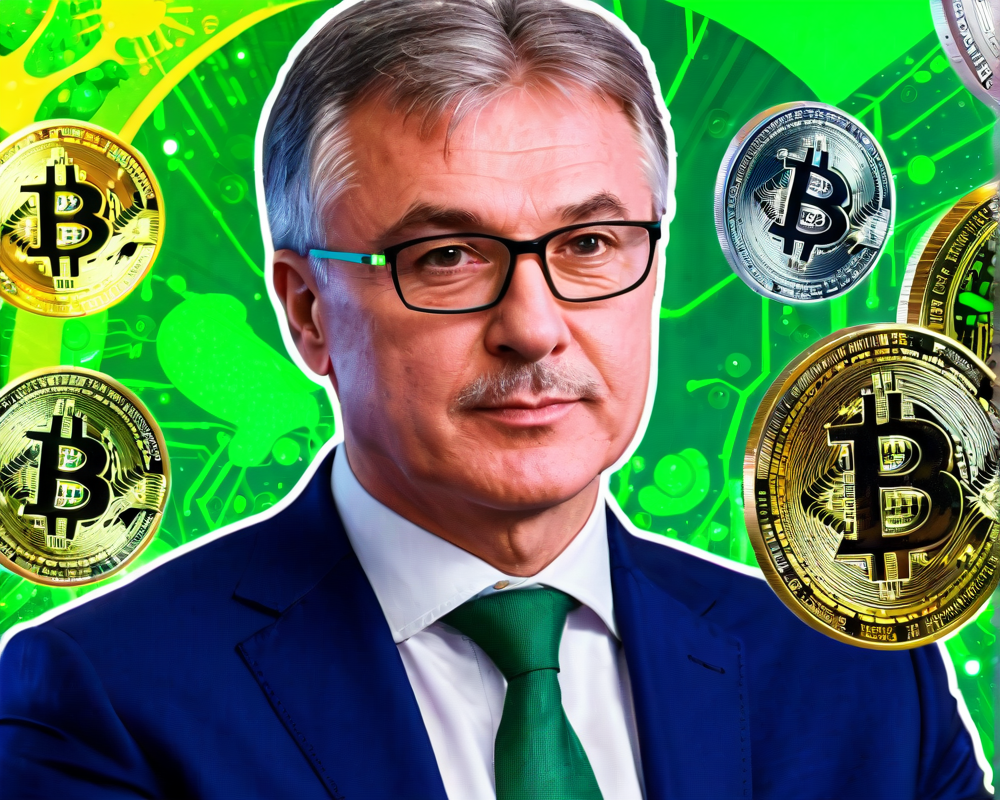Centralized Control vs. Cryptocurrency
During the Astana Finance Days conference in Kazakhstan, Herman Gref, the CEO of Sberbank, shared his perspectives on the turbulent waters of cryptocurrency. He firmly stated that he doesn’t foresee governments stepping back from their stronghold on fiat currency, declaring that decentralized institutions are unlikely to usurp this power. For Gref, the idea of cryptocurrencies usurping traditional money is as believable as a cat learning to play the piano.
The Ongoing Evolution of Crypto Regulations in Russia
Gref’s remarks come at a pivotal time for the Russian crypto landscape. With new legislation set to define cryptocurrency as a distinct class of assets – and explicitly not legal tender – the government is firmly planting its flag in the regulatory sands. While the state may be cautious, the private sector is gearing up for opportunities amidst these changes.
Investments and Caution: Sberbank’s Dual Strategy
Sberbank is not sitting idle. In anticipation of new regulations, the bank announced a plan to launch a crypto-based investment fund. This move seeks to bridge the gap between traditional finance and the burgeoning crypto world. However, Gref’s warnings still echo, as he weighed in on the risky nature of cryptocurrencies. His comparison to gambling serves as a humorous yet serious reminder that investors should strap in their seatbelts—this is going to be a wild ride!
Bearish Outlooks on Cryptocurrency
Despite Sberbank’s push into crypto investments, Gref remains cautious. He recently advised against crypto investments, telling local media that it’s not a safe bet for the faint of heart. The playful analogy jokingly suggests that unless someone enjoys the thrill of a casino, they might want to think twice before diving into the unpredictable world of digital currencies.
The Road Ahead for Cryptocurrency in Russia
As the regulatory framework takes shape, the future of cryptocurrencies in Russia remains murky at best. The juxtaposition of Sberbank’s investment strategies and Gref’s cautionary stance creates a compelling narrative that reflects the broader uncertainty in the global attitude toward cryptocurrencies. As the fintech landscape continues to evolve, it will be intriguing to see how such tensions between traditional finance and cryptocurrency unfold in the coming years.



